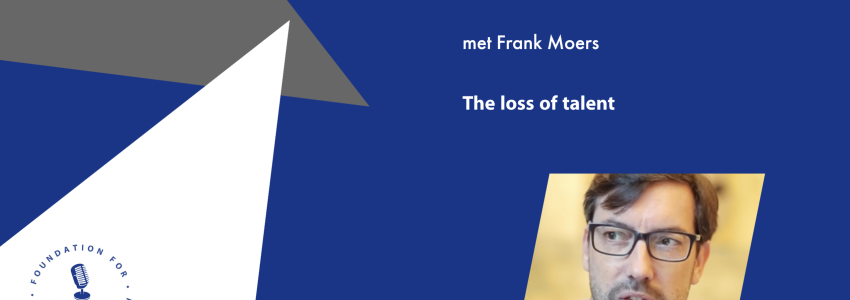FARview #22 with Frank Moers (podcast in Dutch)

In this FARview podcast, Frank Moers (Professor of Management Accounting & Control, Maastricht University) discusses the paper 'Tacit Knowledge, Audit Quality, and Talent Identification'. This paper is a product of the FAR project 'The Loss of Talent' that Moers is conducting together with Isabella Grabner and Judith Künneke. According to them, too little attention is paid to the value of -and appreciation for- 'tacit knowledge' during the career path of accountants within the firm. This could well be one of the reasons why talented accountants leave an accountancy firm. That's a shame, because tacit knowledge is positively related to audit quality.
Tacit knowledge is understood to mean all relevant knowledge that cannot be formally trained. This knowledge is therefore separate from the technical knowledge that accountants usually acquire during their education and at the start of their careers. The importance of tacit knowledge increases the higher an accountant is ranked. It plays an important role in the knowledge of the upper managerial echelon of an accounting firm. Previous research shows that more experienced accountants (with more tacit knowledge) receive better performance reviews.
Moers' research shows that the level of tacit knowledge in the engagement partner is related to audit quality (measured by internal quality reviews from the files). Based on this finding, one would expect tacit knowledge to also be an essential part of the talent identification process and auditor performance evaluation. However, this is not the case. The bulk of the assessment is in the area of technical knowledge and skills. Moers calls this worrying. He believes it is a possible explanation for the loss of talent by accountancy firms.
Moers: 'If you take identification and retention of potential seriously, then you also have to look at what characteristics and skills are needed high up in the organization and explicitly include them in the assessment low down in the organization. Tacit knowledge is an important part of that.'


